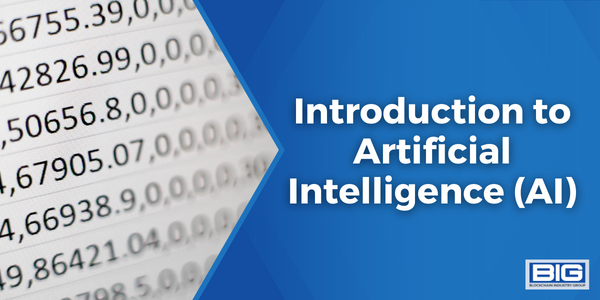
Artificial intelligence, or AI, is a rapidly advancing field that is changing the way we live and work. But what exactly is AI, and how does it work? In this article, we will explore the basics of AI and provide examples of how it is being used in various industries.
At its most basic level, AI refers to the development of computer systems that can perform tasks that typically require human-like intelligence, such as learning, problem-solving, and decision making. There are several different approaches to creating AI, including machine learning, where algorithms allow computers to learn and improve over time without being explicitly programmed, and natural language processing, which enables computers to understand and generate human-like language.
Here are 10 top AI uses and advantages:
- Automation of repetitive tasks: AI can be used to automate routine and repetitive tasks, freeing up human workers to focus on more complex and creative tasks. This can lead to increased efficiency and productivity in industries such as manufacturing, logistics, and customer service.
- Predictive maintenance: AI can be used to analyze data from sensors and other sources to predict when equipment is likely to fail. This can help organizations to proactively address potential issues and to minimize downtime, improving overall efficiency and productivity.
- Personalized recommendations: AI can be used to analyze customer data and provide personalized recommendations for products or services. This can improve the customer experience and increase sales for businesses.
- Fraud detection: AI can be utilized to analyze data and identify patterns that may indicate fraudulent activity. This can help organizations to protect themselves and their customers from financial losses.
- Medical diagnosis: AI is being used in the healthcare industry to analyze medical images and assist with diagnosis. This can potentially improve the speed and accuracy of treatment, leading to better patient outcomes.
- Supply chain optimization: AI can be used to analyze data from various sources in the supply chain and optimize processes such as inventory management, logistics, and demand forecasting. This can lead to reduced costs and improved efficiency for businesses.
- Predictive analytics: AI can be used to analyze data and make predictions about future events, such as customer behavior or market trends. This can help organizations to make better informed decisions and to stay ahead of the competition.
- Natural language processing: AI can be used to enable computers to understand and generate human-like language, improving the effectiveness of chatbots and other customer service technologies.
- Cybersecurity: AI can be used to analyze data and identify patterns that may indicate cyber threats, helping organizations to protect themselves from attacks.
- Virtual assistants: AI is being used to develop virtual assistants such as Siri and Alexa, which can perform tasks and provide information based on voice commands. These assistants can improve convenience and productivity for individuals and businesses.
AI-Created Videos: A Threat to YouTube?
—
AI-Driven Content Types and Creation Ideas
—
AI-Powered Services: Top 5 Ideas
In conclusion, AI has the potential to greatly improve and enhance our lives in a multitude of ways. From automating repetitive tasks and optimizing supply chains, to improving healthcare and cybersecurity, the use cases for AI are diverse and far-reaching. With its ability to process and analyze vast amounts of data quickly and accurately, AI has the power to revolutionize industries and to make our daily lives more convenient and efficient. As we continue to explore and develop this technology, it is essential that we approach it with an open and responsible mindset, looking for ways to harness its power for the betterment of society as a whole.



